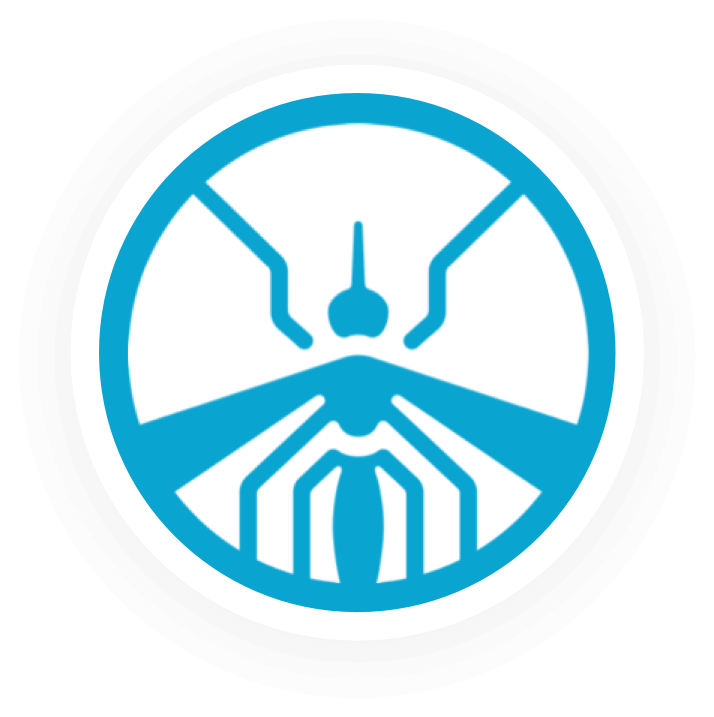The World Mosquito Program is working in and around Rio de Janeiro to protect communities from mosquito-borne diseases like dengue, Zika, chikungunya and yellow fever.
The World Mosquito Program has been active in Brazil since 2012, when it was called Eliminate Dengue: Brazil Challenge. Between August 2015 and January 2016, the project released Wolbachia Aedes aegypti in two areas: Tubiacanga, on Governador Island in the city of Rio de Janeiro, and Jurujuba, a neighborhood of Niterói. These pilot projects have been monitored since early 2016 and have proven to be successful in establishing the Wolbachia mosquito population.
(Date updated June 2023)


Since the beginning of 2017, the World Mosquito Program has been expanding its activities.
In all, 29 neighborhoods are covered: Bancários, Bonsucesso, Brás de Pina, Cacuia, Cidade Universitária, Cocotá, Complexo do Alemão, Cordovil, Freguesia (Ilha), Galeão (including Tubiacanga), Jardim América, Jardim Carioca, Jardim Guanabara, Manguinhos, Maré, Moneró, Olaria, Parada de Lucas, Pavuna, Penha, Penha Circular, Pitangueiras, Portuguesa, Praia da Bandeira, Ramos, Ribeira, Tauá, Vigário Geral and Zumbi.
Since April 2017, more than 140 schools have been visited by our engagement team and all Rio public municipal schools have received project materials and developed student activities. In this time, around 79,000 people have participated in an engagement activities.
Teams from 47 health facilities in the territory where the program is operating received training in the project and 640 people volunteered to host a mosquito trap for monitoring the mosquitoes.

A Community Reference Group includes representatives of the Administrative District of Ilha do Governador, Association of Residents and Friends of Vigário Geral (AMAVIG), Pastoral of Favelas - Archdiocese Rio de Janeiro, Federal University of Rio de Janeiro (UFRJ), the non-government organisations EDUCAP and Redes da Maré, the Coordination of Health Services CAP 3.1, and the Coordination of Educational Services 3rd, 4th and 11th CRE.
Releases were finalized in 2021 and the team keeps monitoring Wolbachia establishment through Ovitraps and Aspirations. This first area of Rio de Janeiro will be considered completed after that analysis.




